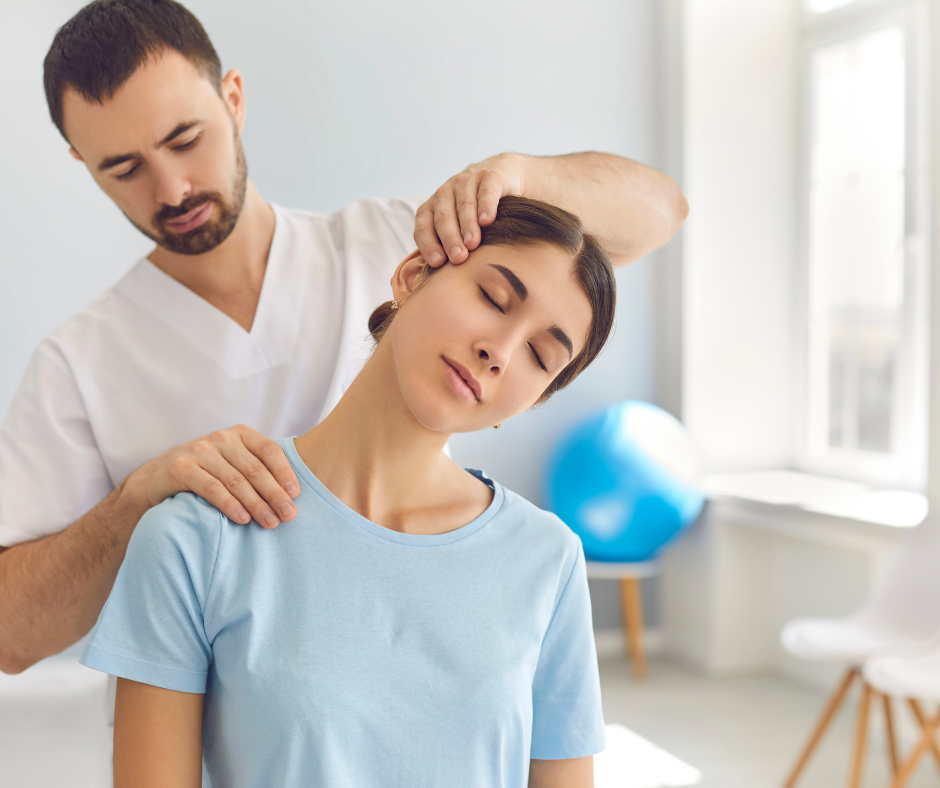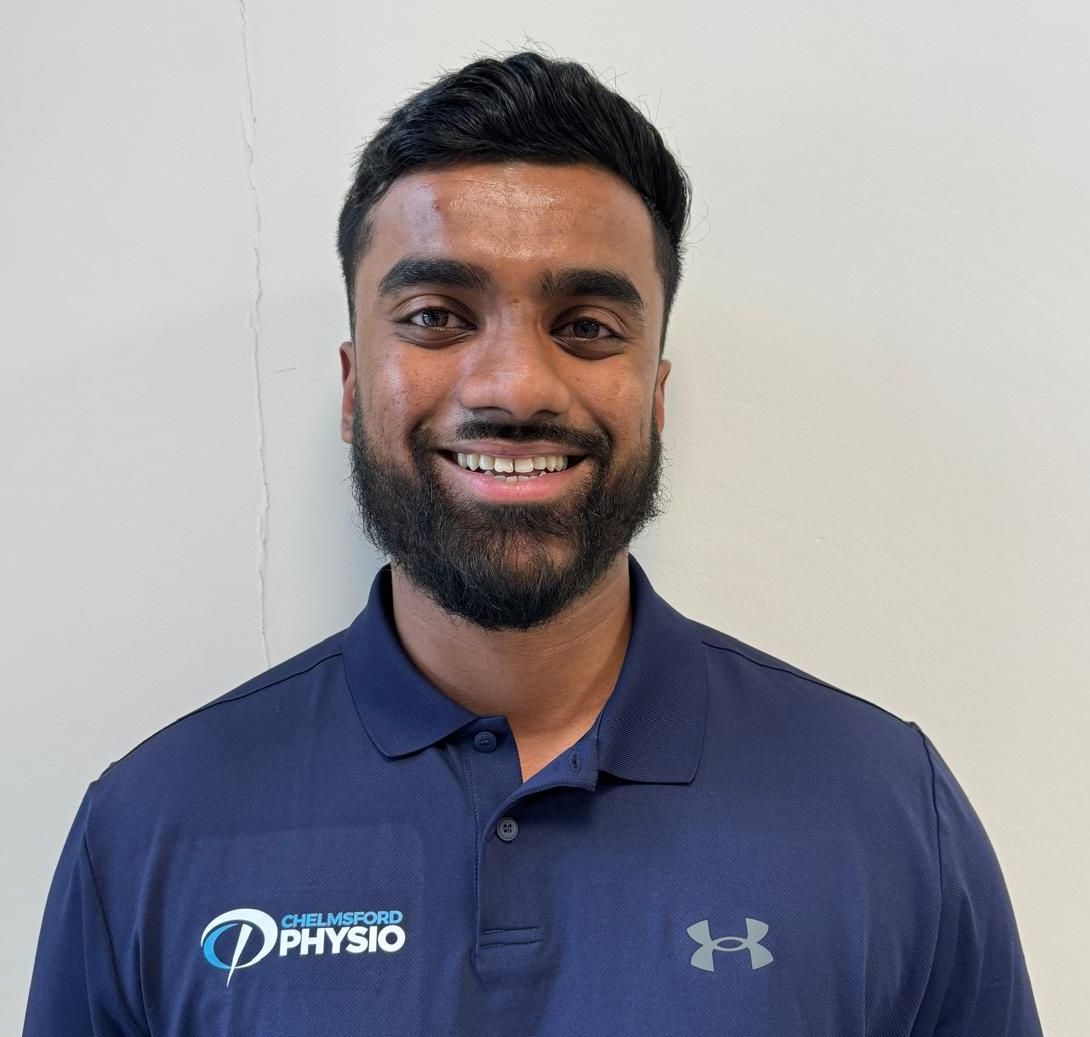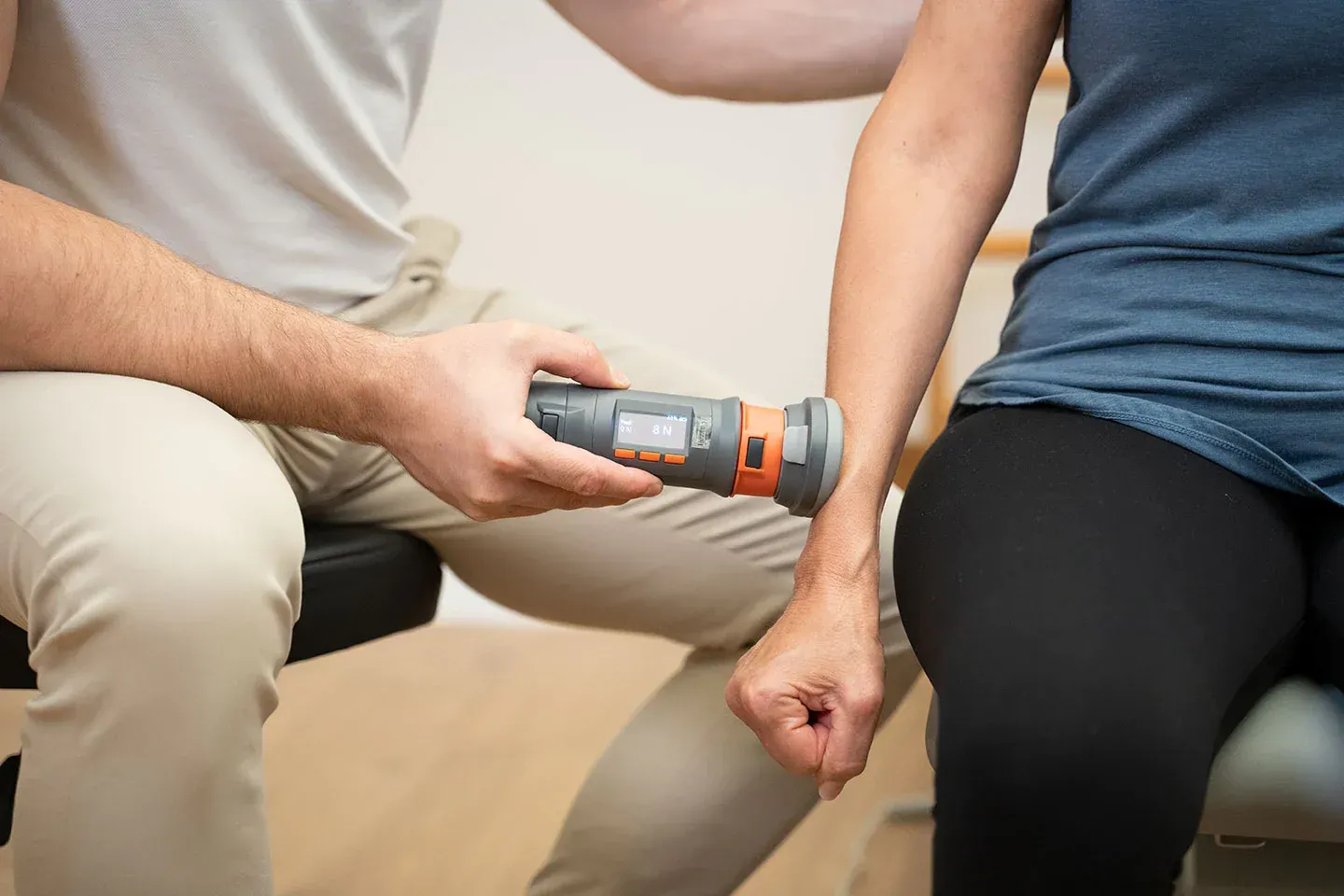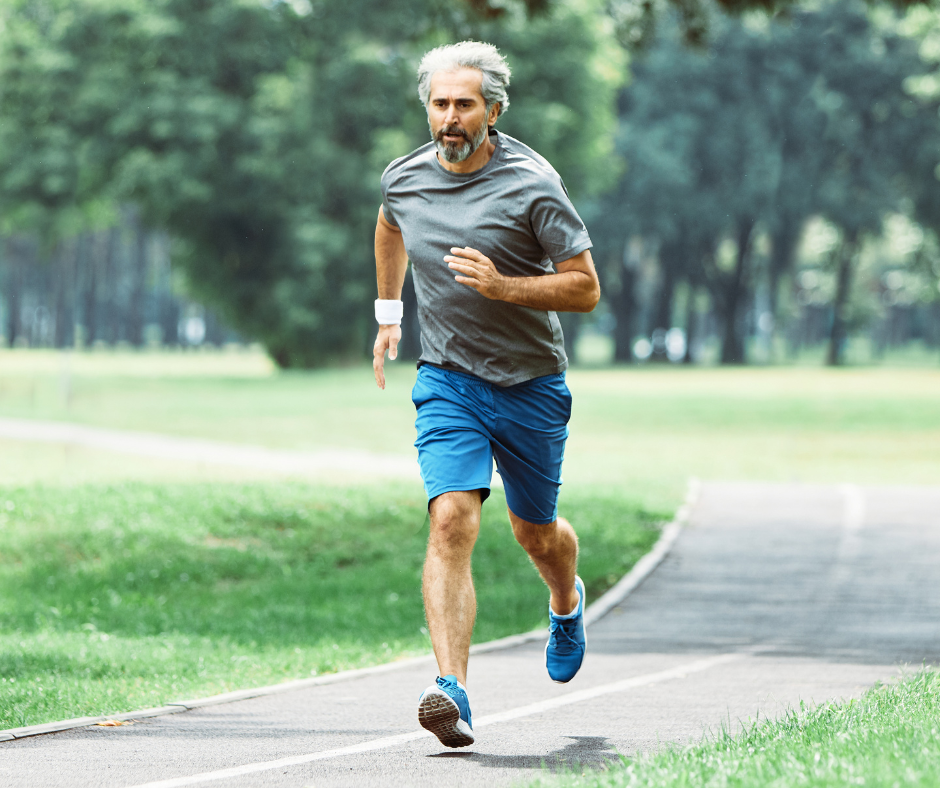3 Ways to Help You Achieve a Healthy & Happy Neck
Neck pain is a common complaint affecting people of all ages. The discomfort and limited mobility associated with neck pain can significantly impact one's quality of life. Fortunately, there are several evidence-based strategies backed by research that can help relieve and prevent neck pain. In this blog post, we will explore our three top tips to help you manage neck pain effectively.
1. Movement:
Rather than calling it stretching, concentrate on moving your head to the end of its range, then apply some over-pressure. Try working on these on a little & often basis, maybe spend 1-2 minutes performing them every 1-2 hours.
If you sit for work take regular breaks too. Prolonged static postures can lead to pain & tightness in your neck muscles.

2. Strength:
Strengthening the neck and shoulder muscles can provide stability and support to the cervical spine, reducing the risk of neck pain.
Isometric exercises are a type of strength training exercise that involves contracting your muscles without any visible movement in the joints. Unlike traditional exercises that involve dynamic movements and joint range of motion, isometric exercises focus on static muscle contractions.
During an isometric exercise, the muscle length remains unchanged, and there is no joint movement. Instead, you exert force against an immovable object or maintain a specific position against resistance. This creates tension in the targeted muscles, which helps to build strength and improve muscle endurance.
We can use a ball to perform these for the neck. Heading to ball forward, backwards, from the left & from the right.
Try building up the hold time to 30-45 seconds for each movement. You could try to repeat 3-5 holds, 2-3 times a day.
3. Relaxation Techniques:
Mindfulness & Meditation: Engaging in mindfulness meditation can help reduce stress and promote relaxation. Set aside a few minutes each day to focus on your breath and bring awareness to the present moment.
Gentle Exercise: Engaging in low-impact exercises such as yoga or tai chi can help release tension from the neck and promote overall relaxation.
Adequate Sleep: Getting sufficient sleep is crucial for overall well-being. Harvard experts recommend maintaining a regular sleep schedule and creating a sleep-friendly environment to support restful sleep.
Neck pain can be disruptive and affect your daily life. By incorporating these three tips into your routine, you can effectively manage and prevent neck pain. Remember to move regularly, strengthen your neck and shoulder muscles, and practice relaxation techniques. However, it's essential to consult with a healthcare professional if your neck pain persists or worsens to rule out any underlying conditions. Prioritise your neck health and enjoy a pain-free and active lifestyle.
This blog post is for informational purposes only and should not replace professional medical advice. If you have specific concerns about your neck pain, please consult with a qualified healthcare professional.
Chelmsford Physio
Riverside Leisure Centre, Victoria Rd, Chelmsford CM1 1FG



